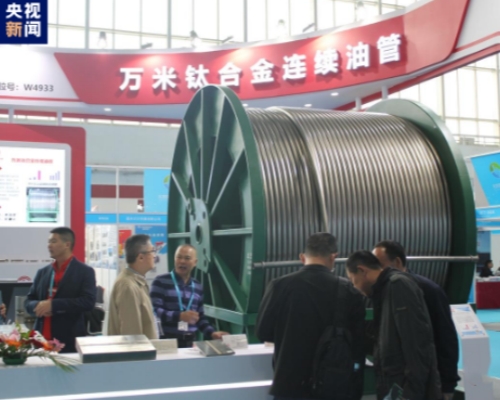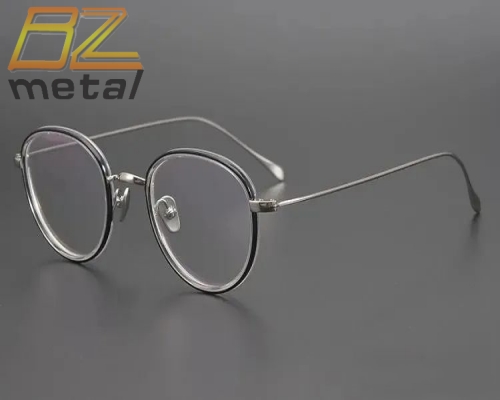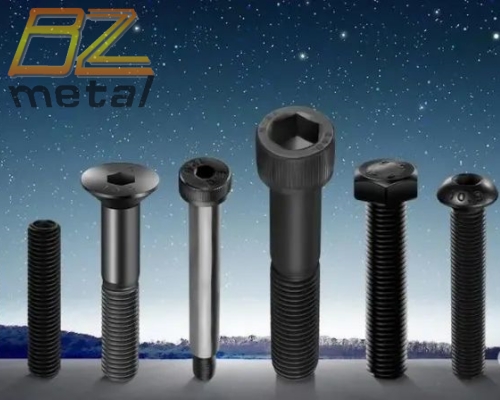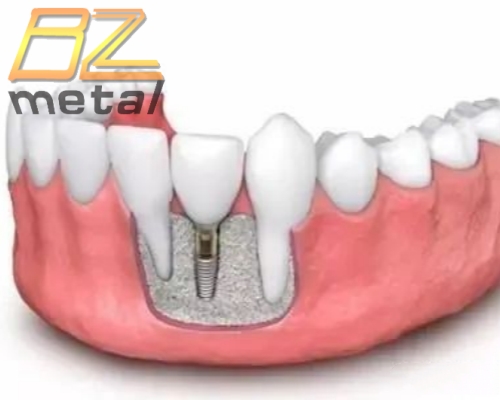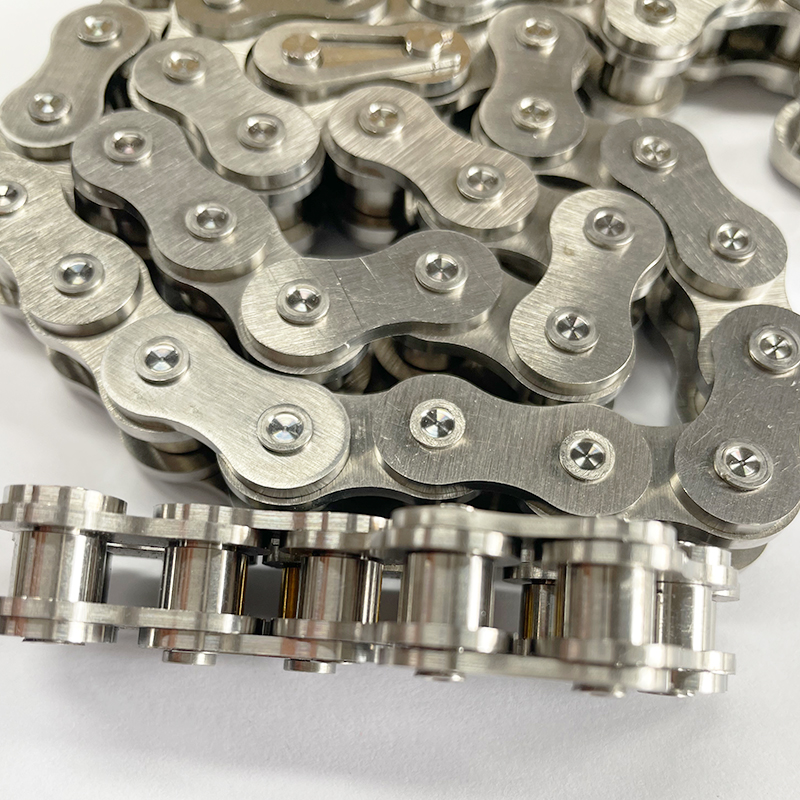Why Is Titanium An Ideal Material For The Chemical Industry?
Why Is Titanium An Ideal Material For The Chemical Industry?
Titanium metal has excellent corrosion resistance and mechanical properties, and is widely used in many fields. Especially in chemical applications, titanium can replace stainless steel as a corrosion-resistant material, which is of great significance to extend the service life of equipment, reduce costs, prevent pollution and increase productivity. In recent years, the scope of titanium used in chemical industry in our country has been continuously expanding, and the amount of titanium has increased year by year. Titanium has become one of the main anti-corrosion materials in chemical equipment. As a corrosion-resistant structural material used in chemical plants, titanium has become an ideal material in chemical equipment.
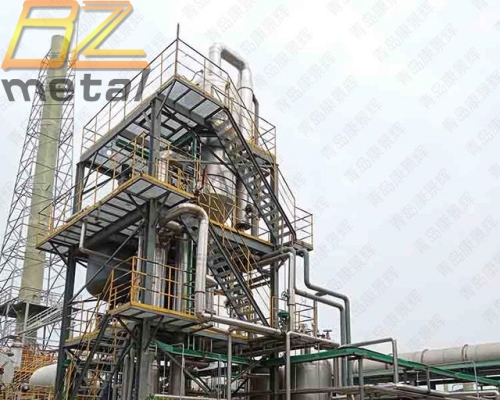
The Main Application Areas Of Titanium In The Chemical Industry
1. Chlor-Alkali Industry
The earliest user of titanium in the chemical industry was the chlor-alkali industry. These include the production of chlorine gas, chlorine oxides, pesticides, bleaching powder, etc. In the production of chlorine, titanium equipment and pipelines account for almost a quarter of its total mass. For example, it is used in metal anode electrolytic cells, ion membrane electrolytic cells and anode liquid pumps, tubular wet chlorine coolers, chlorine wastewater dechlorination towers, chlorine gas cooling scrubbers, refined brine preheaters, vacuum dechlorination pumps and valves.
2. Soda Ash Industry
In the production of soda ash, titanium is mainly used in crystallization external coolers, distillation tower top ammonia condensers, ammonium chloride mother liquor heaters, flat plate heat exchangers, umbrella plate heat exchangers, carbonization tower cooling pipes, carbon dioxide turbine compressor rotor impellers, lye pumps, etc.
3. Vacuum Salt Industry
Titanium ammonia evaporator, titanium preheater, titanium precooler, titanium flange, titanium tube plate, titanium pump housing and titanium elbow.
4. Petrochemical Chemical Fiber
At present, whether imported from abroad or domestically designed and manufactured polyester, nylon, vinylon and other petrochemical chemical fiber companies have used some titanium equipment. The application of titanium equipment has played an active role in the development of chemical fiber production in our country, especially for safe, stable and continuous production, to improve product quality, to prevent premature corrosion and failure of stainless steel, to improve the service life of equipment, reduce parking and maintenance, and improve comprehensive economic benefits. It has made a significant contribution.
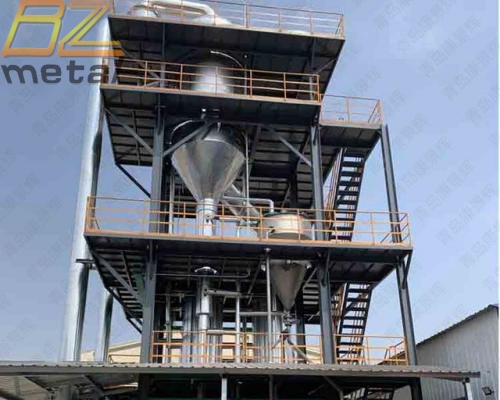
5. Fine Chemical Industry
The industrial raw material of propylene oxide plant is a highly corrosive medium. The two main raw materials used in PO production are liquid chlorine and propylene. These highly corrosive media have laid the foundation for corrosion of PO production equipment and pipelines. Produced under this process condition, such as carbon steel, Al, Cu, Ni, Stainless Steel and other metals are unable to resist corrosion, only titanium is an ideal corrosion-resistant metal material.
6. Inorganic Salt Industry
Inorganic salts mainly include chlorate and potassium salts. Domestic sodium chlorate production has developed rapidly in the past two years, with a total production capacity of more than 1 million t, and about 500,000t are in the process of expansion or preliminary work. Titanium chlorate equipment mainly includes electrolysis tanks, titanium anodes, reaction generators, evaporators, etc., about 15t of titanium is required for every 10,000 t of sodium chlorate.
Potassium salt products include potassium chloride, potassium sulfate, potassium nitrate, potassium carbonate, etc. At present, the total production capacity of potassium nitrate and potassium carbonate in China is about 600,000T. Evaporators, preheating tanks and coolers in the production of potassium nitrate and potassium carbonate require titanium equipment.
7. Other Industries
Titanium dioxide-Titanium dioxide is used in film concentrators, calcination kiln feed pipes, centrifuge distribution trays, etc.
Urea-Titanium is used in the lining of urea synthesis tower, ammonia stripper, general decomposition tower heater, inlet and outlet valves and springs of methylamine pumps, high-pressure mixers, etc.
Dye-Titanium is used in snake tube heat exchangers, absorption towers, purification tower nozzles, fans, water ring vacuum pumps, filters, etc.
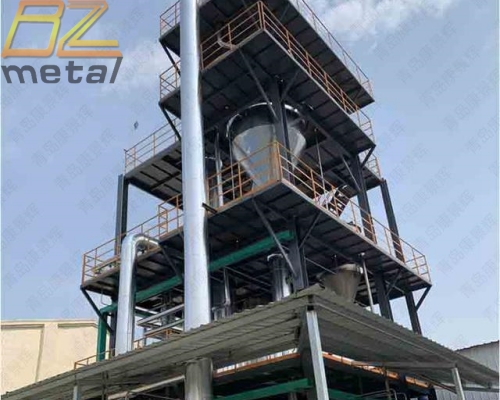
Nitric acid-Titanium is used in nitric acid evaporators, nitrogen oxide exhaust preheaters, nitric acid steam preheaters, gas scrubbers, rapid coolers, condensers, turbine blowers, pumps, valves, pipelines, etc.
Characteristics Of Titanium Alloy
1. The lower density can significantly reduce the load on the pipe column, especially the ultra-deep oil well pipe.
2. Higher strengths include: tensile strength, creep strength, fatigue strength, etc.
3. Excellent corrosion resistance and excellent resistance to seawater corrosion.
4. A wide operating temperature range, the operating temperature of conventional titanium alloys ranges from minus 269℃ to 600℃ above zero.
5. It has a large elastic deformation capacity. The yield strength of titanium alloy is high and the elastic modulus (E) is low, so it is very suitable for springs and other parts, and more importantly, it is suitable for large-displacement horizontal wells.
6. The lower expansion coefficient, this characteristic makes petroleum equipment more adaptable to temperature changes and reduces the internal stress of structural parts.
7. It is non-magnetic and adapts to the requirements of the normal use of some detection, communication, and control methods in various equipment.
8. Good Processing Technology Performance. Titanium alloys usually have good process performance such as casting, forging, welding, and 3D printing. This is often an important factor in whether various engineering materials can be selected in the process of winning.
Titanium alloy pipes, flanges, various bolt fittings, etc. are currently more and more widely used in the petroleum industry. With the improvement and improvement of various titanium processes and technologies, various titanium alloy oil casing and other equipment will also be more and more widely used.

